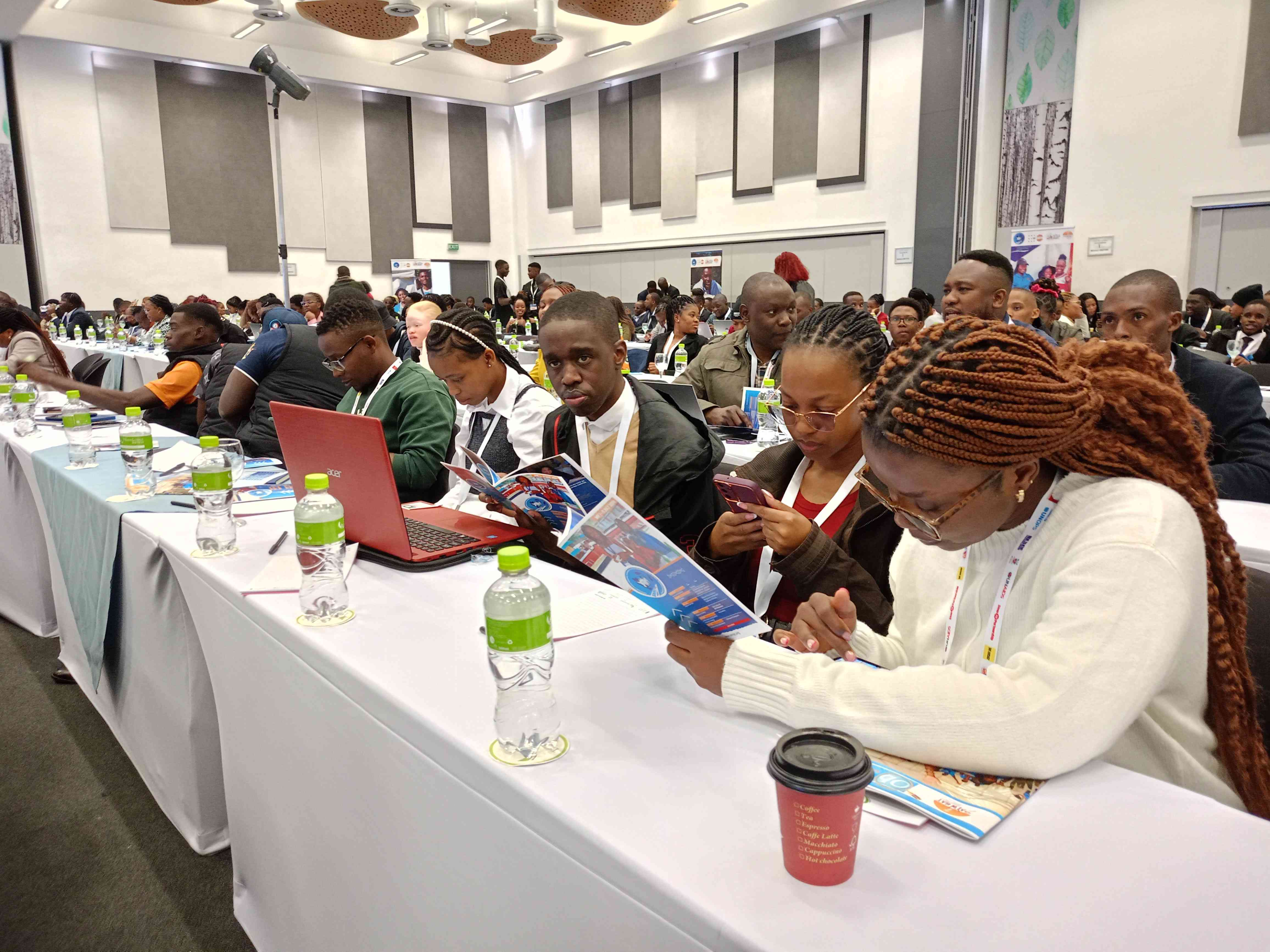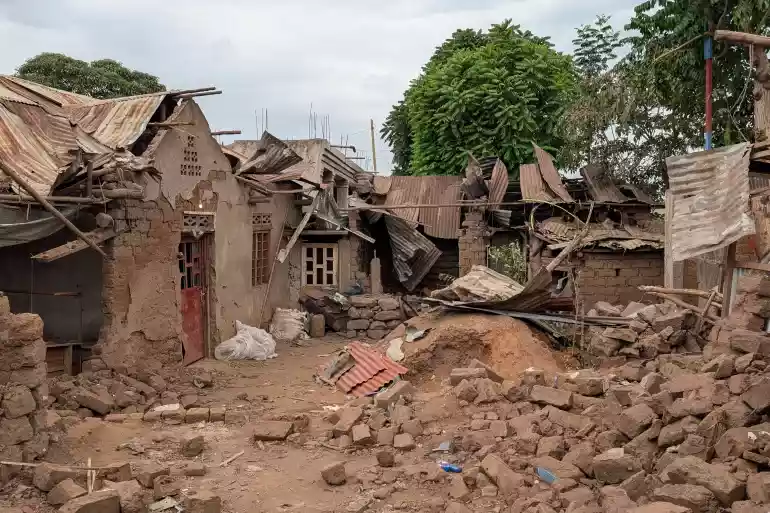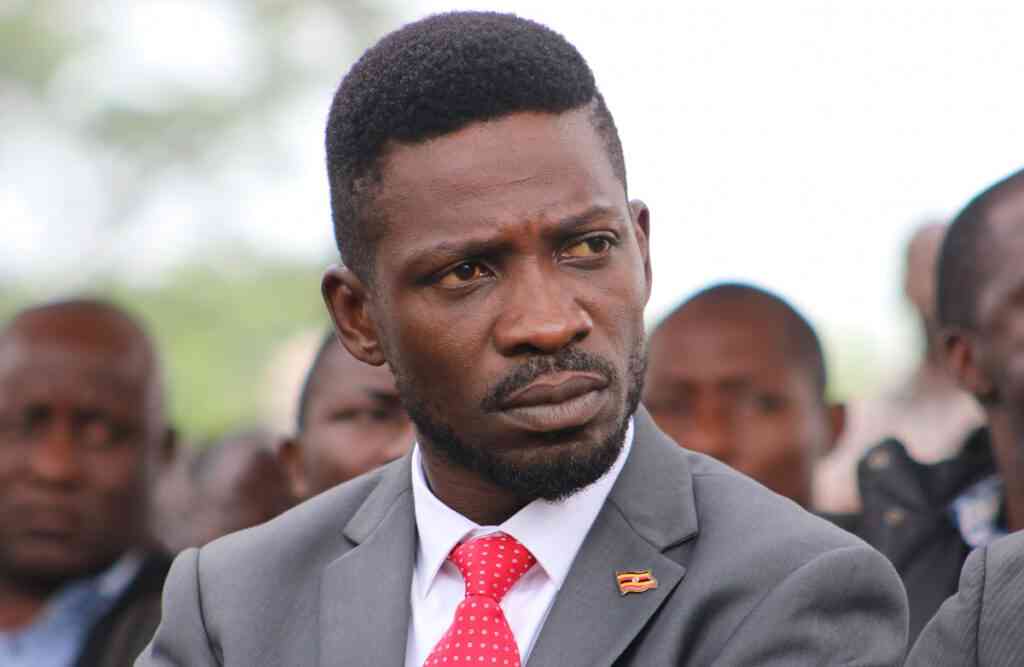
GABORONE, BOTSWANA - THE three-day 5th edition of the Southern African Regional Students and Youth Conference (SARS YC) started in Gaborone, Botswana on Wednesday morning.
The conference, convened by Students And Youth Working on reproductive Health Action Team (SAYWHAT), is being hosted by the University of Botswana.
At least 200 delegates drawn from eight southern African countries representing diverse interests of young people, civic society organisations, researchers, academics as well as government and development partners are attending the conference.
Officially opening the conference, University of Botwana’s acting deputy vice-chancellor Richard Tabulawa said the delegates were gathered to engage, learn, and collaborate to advance equitable access to public health and education for young people in Southern Africa.
He said HIV-AIDS and TB were impacting young people’s health and wellbeing while there were disruptions in education due to climate change and other humanitarian crises.
“Non-communicable diseases are increasingly affecting the quality of life for young people and SARSYC V therefore provides us with a platform for dialogue, dissemination and reflection,” he said.
Held under the theme: “Building Bridges, navigating emerging issues: advancing equitable access to public health and education,” the conference seeks to ensure that young people are not left behind in the face of emerging health challenges.
Tabulawa said this year’s edition also marks 10 years since the inaugural Southern African Regional Students and Youth Conference that was held in Zimbabwe in 2015 where delegates reflected on ICPD+20.
- Over 115 to exhibit at Mine Entra
- Young entrepreneur dreams big
- Grace Mugabe’s first husband Goreraza dies
- Econet bemoans power outages
Keep Reading
“Today, we will have the opportunity to discuss on ICPD30, celebrating the achievements, reaffirming commitments, and our collective vision for young people’s reproductive health,” he said, adding that the programme had an exciting line-up of sessions including panel discussions and networking opportunities.
“We will gain insights from researchers, engage in cross-disciplinary discussions on their findings, and collaborate on the development of innovative and fresh approaches to modern day challenges,” he stated.
The academic noted that drug and substance abuse is a significant concern among students and young people in Southern Africa, with serious effects on their lives, including damage to physical and mental health, educational prospects, and social well-being.
He acknowledged delegates from the SADC Parliamentary Forum, parliamentarians from Zambia, Malawi, Eswatini and Botswana, representatives of the United Nations Family and Civil Society Organizations and urged them to embrace this opportunity to engage the students, listen to their concerns and recommended solutions to the challenges of their time.
SARSYC 5 national coordinating committee chairperson in Zimbabwe, Miah Tsinakwadi said the main objective is to promote youth participation in addressing the impacts of climate change and other emerging issues on the health, education and overall wellbeing of young people in southern Africa.
“The conference provides us all the platform to delve into topics ranging from climate action, drug and substance abuse, mental health to the potential we have as young people in Southern Africa, to leverage emerging technologies,” she said.
She said the second objective of SARSYC 5 is to foster synergy between the health and education sectors in addressing the needs of young people.
“I want to emphasize the critical need for collaboration between the health and education sectors. Our collective efforts in these domains can significantly impact the well-being and prospects of young individuals,” she noted.
Tsinakwadi added: “Health and education are not isolated silos; they are interconnected facets of a young person’s growth as evidence has shown that persons with supportive health environments perform better academically.”
She also said SARSYC 5 centres on progress made in implementing commitments related to the health, education, and livelihoods of young people since the 4th edition of SARSYC in Malawi in 2022.
“It also aims to amplify our voices as young people in shaping the ICPD30 agenda between now and the 6th edition of SARSYC in 2026. As students and youth, we are the custodians of the ICPD Programme of Action and our voices will shape the ICPD agenda,” she said.
SAYWHAT is a public health social movement organisation that has traditionally hosted national level conferences and platforms to activate the voices of students and young people in the broader public health delivery system for young people.
One of the key commitments by young people in the 2015 SARSYC edition in Harare was to host the conference as a pre-event to strategic intercountry platforms that review and inform progress on the right to health such as the International Conference on AIDS and STIs in Africa, International AIDS Conference and the SADC summit, among other key platforms.
The rationale was to influence southern African member commitments to capture the lived realities of diverse groups of young people in the context of their unmet health needs and other related development priorities.
Subsequently the second edition of the conference was held in South Africa (2017) in partnership with the University of Johannesburg, the third edition was in Zambia (2019) in partnership with the University of Zambia and the fourth edition took place in Malawi in 2022 hosted by Lilongwe University of Agriculture and Natural Resources, in partnership with the Girls Activists Youth Organisation.
One of the outcomes from these conferences was the growth in scope and size of youth advocacy work to be done post conference, a process which led to SAYWHAT establishing a regional consortium.
The consortium, branded as the Southern African Regional Students and Youth Consortium, is mandated to deliver as one of its key deliverables in the Southern African Regional Students And Youth Conference among other interventions.
Among the highlights of the first day was a research indaba which allowed young researchers to present their research work and get feedback from various experts including seasoned academics and SADC PF researchers under the SIDA-funded SRHR, HIV and AIDS Governance Project.
Isheanotida Makosa from the Harare Institute of Technology (HIT) in Zimbabwe made a presentation on the intersection of juvenile justice and child welfare. Alexa Janet Sumbureru, also from HIT, shared her research on TB among young people. Lekodi Magombo from the Global Health Informatics Institute showcased his research on maternal health while Craig Chadiwa spoke on research being done on the use of Artificial Intelligence in education.











